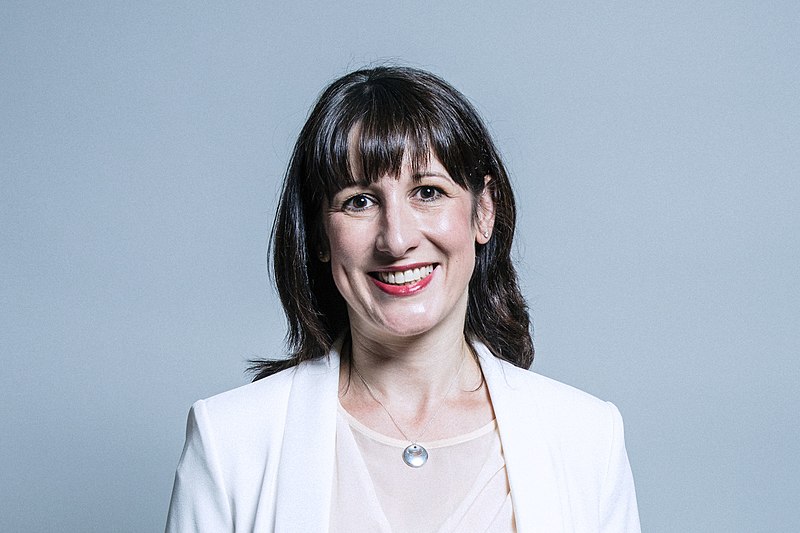
Britain's new finance minister, Rachel Reeves, announced on Monday that the government will implement spending cuts totaling over £13.5 billion ($17.3 billion) over
the next two years. This move aims to address a £22 billion overspend attributed to the previous administration.
Reeves, representing the newly-elected Labour government, plans to present a comprehensive budget on October 30. This budget will include additional "difficult decisions," particularly regarding taxes.
The government has also agreed to independent recommendations to increase pay for state workers, such as teachers and healthcare staff, at a cost of £9 billion.
In a statement interpreted by critics as laying the groundwork for future tax hikes, Reeves criticized the former Conservative government for concealing the true state of government finances. She emphasized the need for tough decisions to prevent the budget deficit from increasing by 25% this year.
"This level of overspend is not sustainable. Left unchecked, it is a risk to economic stability," Reeves told parliament. "It therefore falls to us to take the difficult decisions now to make further in-year savings."
Reeves detailed cuts to various infrastructure projects, including road construction and railway restoration, and announced a review of a hospital rebuilding program. She also stated that higher-income pensioners would no longer receive an annual heating payment.
Labour, which secured a landslide victory on July 4, has spent its initial weeks in power informing voters that public policy issues are more severe than anticipated.
Upon taking office, Reeves commissioned a review of public finances.
"They gave false hope to Britain when people were already being hurt by their cost of living crisis. The inheritance from the previous government is unforgivable," she said. "They promised solutions that they knew could never be paid for: roads that would never be built, public transport that would never arrive, hospitals that would never treat a single patient."
The Conservative Party dismissed her accusations as a pretext for Labour to raise taxes.
"Today's exercise is not economic, it's political. She wants to blame the last Conservative government for tax rises and project cancellations she has been planning all along," said Jeremy Hunt, who served as finance minister in the Conservative government.
Some economists have also expressed skepticism, suggesting that Labour could have anticipated most major spending pressures before taking office.
Reeves emphasized her commitment to her party's election promises not to raise income tax, value-added tax, or other major taxes. Any other tax changes will be detailed in October's formal budget statement, which Reeves said would introduce a new set of non-negotiable fiscal rules. Photo by Chris McAndrew, Wikimedia commons.




































